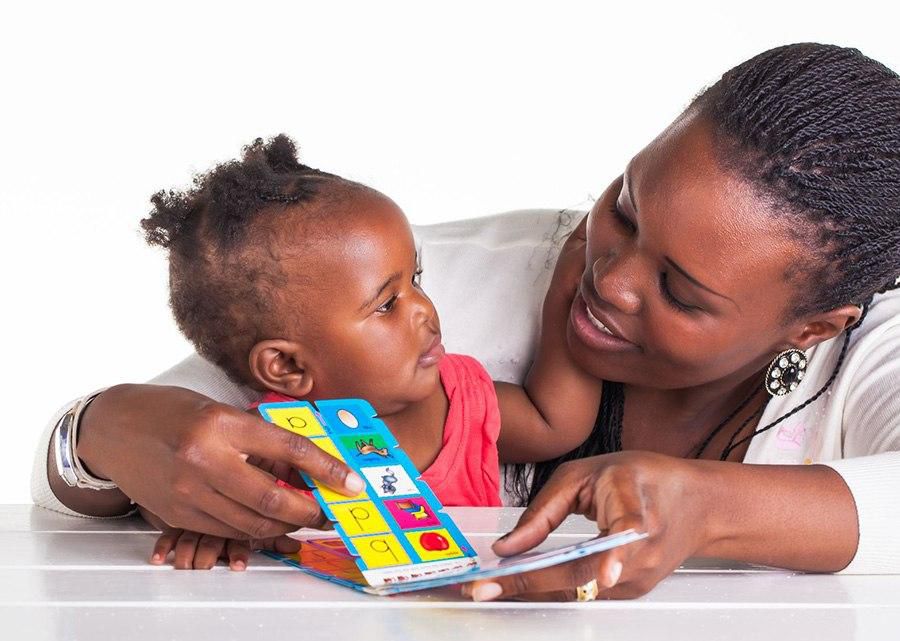International Women’s Day is a moment to spotlight and uplift the incredible resilience of women across Nigeria, West Africa, and the world. Amid the fast-paced demands of modern society, let’s explore how women—especially mothers balancing home and career—can not just survive, but truly thrive.
The reality for many women in Nigeria, Ghana, and beyond is the daily juggle between career ambitions and the never-ending responsibilities at home. Navigating the workplace while ensuring children are cared for and homes are running smoothly is often daunting and exhausting. According to research by the National Bureau of Statistics, Nigerian women spend nearly twice as much time on unpaid care and domestic work compared to men—a pattern echoed throughout West Africa.
This multi-tasking ability is nothing short of superhuman. The strength to nurture a family, pursue professional goals, and maintain wellbeing—not just for oneself, but for an entire household—deserves more than applause; it merits practical support, recognition, and real-world solutions. As society shifts, it’s crucial to uplift and advocate for women who persistently keep families, businesses, and communities afloat.
To every mother, caregiver, and working woman out there: your sacrifices do not go unnoticed. The long days, the sleepless nights, the emotional and physical labour—it all counts. It’s the heart and grit of women like you that keep homes and nations moving forward, often in ways the world takes for granted.
As part of celebrating International Women’s Day, we want to do more than just acknowledge you; we want to empower you. If the daily flood of tasks and tight schedules feels overwhelming, know that you’re not alone—and that some time-tested strategies can help lighten the load.
So how can you escape the “time trap”? Here, we share essential time management hacks—especially put together for busy moms and women across Nigeria and West Africa—to help you reclaim your schedule, boost productivity, and enjoy life inside and outside of home and work.
Get Enough Sleep
To many mothers, the advice to “sleep more” may sound impossible—after all, the hours in the day are already stretched thin. Yet, experts insist that adequate rest is critical for mental, emotional, and physical health. Dr. Chidinma Adeyemi, a Lagos-based family physician, explains: “Chronic sleep deprivation leads to fatigue, mood swings, and lowers your body’s ability to fight infections. For mothers who double as breadwinners, prioritising sleep is foundational.”
Unfortunately, the pressures of career and motherhood can make regular sleep feel like a luxury, not a necessity. Over time, consistent lack of rest can manifest as burnout, guilt, or withdrawal from social support. In some cases, relationships and career performance may suffer, emphasising that getting enough sleep isn’t self-indulgence—it’s essential self-care.
Consider these tips for maximising your rest:
- Nap strategically when your baby or young kids are resting, rather than using the time to finish chores.
- Establish a consistent bedtime routine, even if it’s just 20-30 minutes of downtime before sleep.
- Limit screen time before bed; reading or light stretching can help you unwind.
- If possible, enlist the help of a partner, older child, or trusted friend to assist with night-time duties.
Plan Your Day

IWD: Time management hacks for busy moms
Many Nigerian and West African mothers describe a familiar pattern: the day begins with the sound of an alarm or a hungry child and doesn’t slow down until everyone is in bed again. In households where extended family and domestic help are less common, every minute counts. “There’s barely time to sit, talk less of plan,” says Ngozi Okafor, a working mom in Abuja.
However, a little structure can make a world of difference. By laying out a simple plan—written on paper, in a diary, or using free mobile applications—you can visualise what truly needs attention each day. Planning allows you to prioritise urgent tasks and allocate time for self-care or breaks.
You don’t have to use fancy tools. Affordable planners are available in most markets, and for the tech-savvy, apps like Google Calendar or Todoist are popular. The goal is not to overwhelm yourself but to use planning as a tool for clarity and peace of mind. Some mothers in Lagos recommend evening preparation—laying out clothes, packing bags, or pre-cooking meals for the following day.
Set Achievable Goals

Why our mothers used to give us light soup
Modern motherhood often brings a flood of responsibilities—from work targets to school runs and community obligations. In this rush, a mother’s personal ambitions can quietly slip away. “I realised I had to set smaller, daily goals to stay motivated, or else I’d always feel like I’m falling behind,” shares Esi Boateng, a Ghanaian entrepreneur and mother of three.
The key is to set realistic, actionable goals—ones you can reasonably accomplish within the day or week. Instead of committing to 10 tasks, focus on three high-priority items. Regularly check in with yourself: What progress have I made? Which goals need adjustment? Experts recommend using the SMART framework (Specific, Measurable, Achievable, Relevant, Time-bound) for goal-setting, making it easier to track and celebrate small wins.
Learn Delegation
A common trap for mothers—especially in cultures that prize the “superwoman” image—is feeling compelled to do everything alone. This can lead to exhaustion and resentment. “Delegating doesn’t make you less of a mother or a wife. It makes you wise,” argues Dr. Akosua Mensah, a family therapist based in Accra.
Share the load by involving partners and, where appropriate, older children in everyday tasks. A family meeting at the start of the week can help; allocate chores according to each person’s age and abilities. When children participate in household responsibilities, they also build life skills and confidence. If you have access to relatives, househelps, or community support systems, don’t hesitate to reach out—it takes a village, as the saying goes.
Remember, delegation is not about relinquishing control but building a functioning system where everyone’s contributions matter. This not only lightens your own stress but teaches teamwork within the family unit.
The Bigger Picture: Women’s Wellbeing and Progress
Nigerian and West African mothers form the backbone of many communities—not just as caregivers but as educators, business leaders, and cultural preservers. Yet, systemic barriers remain. Access to flexible work, affordable childcare, and supportive workplace policies are still major challenges. According to a 2023 UN Women report, African women lose out on an estimated 30% of lifetime earnings due to household responsibilities and unpaid labour.
Advocates are calling for policy reforms, employer support, and community-driven solutions. “Being a successful mother and professional should not come at the expense of wellbeing,” says Abuja-based gender rights activist, Amina Yusuf. The goal is for all women to have access to the tools and opportunities needed for balanced, fulfilling lives.
Steps Forward—Because Every Woman Deserves to Thrive
As we mark International Women’s Day, let’s reaffirm our commitment to supporting every woman, mother, and caregiver. While progress has been made, more can be done—both at home and in public life—to ease the burdens women face and give them space to pursue their dreams. All it takes is small, daily changes: prioritising rest, embracing planning, goal-setting, and asking for help when needed.
How do you balance the many roles of modern womanhood? What practical hacks have helped you or your family thrive? Share your views, stories, or advice below and become part of the conversation!
story@nowahalazone.com.
For general support or questions, reach us anytime at support@nowahalazone.com.
Let’s keep the community conversation going—follow us on
Facebook,
X (Twitter), and
Instagram for more empowering stories and tips.










